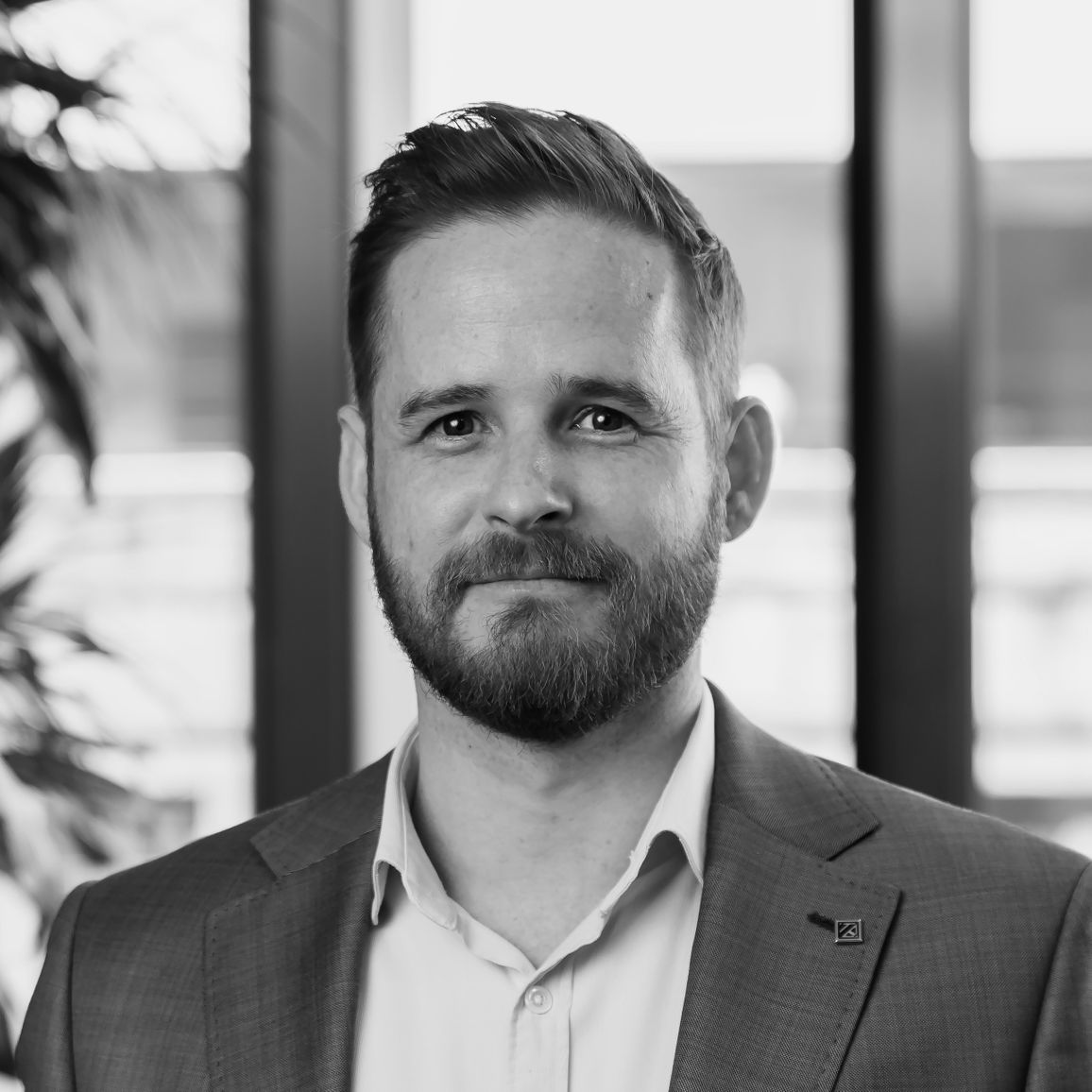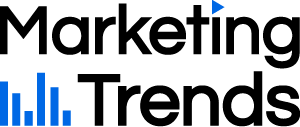Jay Munro

At Marketing Trends, we are discovering what drives Australia’s top marketers. Jay Munro leads the marketing strategy of Indeed.com for ANZ. In this interview, he shares with us the challenges the industry faces during the COVID-19 crisis, and which trends he is looking forward to seeing evolve.
Career & professional background
Jay, how did your career begin?
I could say that my career in marketing wasn’t planned, but happened and evolved over time. One of my first jobs was in sales, and I quickly realised I was more interested in the “behind the scenes” side of things. I raised my hand and was able to move into product management and marketing at Fairfax, working on a portfolio of their websites and mobile apps.
I worked in Product there for quite some time, mostly assessing market/product fit, building solutions for our marketplaces, and creating go-to-market strategies. Since then, I’ve taken a path to focus solely on marketing as a career, and worked for some fantastic brands during my time.
Could you tell us about your specific role at Indeed.com?
It’s a broad question with a very long list of responsibilities, but in a nutshell, I lead country marketing for Australia & New Zealand.
It’s an interesting set-up. Being a global job-site company, we have quite a few markets, and each one of these have different needs. They also have different market positions and environments to operate in.
Whilst our industry can be complex, having a dual-audience base, Australia is very unique in terms of the marketplace that we operate in. It’s fast-moving and often impacted by a variety of external factors surrounding the world of labour and work.
I'm the local lead, and I have a great team here, but also have support from various “shared-service” or “central” teams, which work with other leads around the world. It’s a strategic role that requires immense agility in identifying and testing new techniques and tactics, whilst keeping a very honed view on the industry and competitive landscape.
And how’s the ANZ marketing team built?
It’s a small team of five based here in Sydney, in addition to our PR team. That means we’re kept incredibly busy, however, can depend on the support from those central teams based in the US and Ireland.
I’m ultimately accountable for local metrics and market success that those central teams are working towards, which adds to the responsibility of my role.
Working with agencies hasn’t been a priority for me over the last few years, however as we evolve the marketing function in Australia, third-party support is something I’m currently exploring more. More recently, I have been working with a number of trusted freelancers who are great at offering that extra support to help my team and our efforts in content development and design.
Marketing & Industry Trends
What’s your opinion about the impact COVID-19 has had on Indeed.com and the job site industry in general?
It's been really interesting, and has had a significant impact on what the future of work now looks like.
The greatest challenge, for me personally, has been identifying how to manage teams well when you no longer have those in-person interactions. Each team member has different needs in terms of communication and interdependence - finding the tools and ways to support all of these individual needs was certainly a learning experience for all of us.
Technology has been immensely important in providing support to the team and our function. Many tools and systems were already available to us, however it was only through starting to work remotely that we really adopted using these. Productivity was a concern in the beginning, however, by using the right tools and technologies, team engagement and output has remained consistently high.
Externally, the industry is being strongly influenced by what's happening with COVID-19 and the economy. For example, when a city goes into lockdown, like Melbourne did, companies stopped hiring, and you can see this in varied numbers of job opportunities being advertised.
The pandemic also disrupted some of the campaigns and tactics that have been popular and effective in our industry, for example, conference and sponsored events were initially paused, before many converting their format to be online and virtual. We very quickly identified new opportunities for these online events, and worked with many of our partners to test new technologies and ideas.
Ultimately, there has been a positive evolution in the ways that we work, think, and execute. We’ve been forced to become more agile and innovative, encouraging creativity and a hunger to take risks and try new things.
You mentioned that you started using tools and software which you didn’t before. Which are the most important ones?
For team insights and communication, I’ve started using Smartsheets. Transparency and efficiency has become increasingly important, and this software really helps to deliver against these factors.
I use it to plan our campaigns and programmes, and for individual development and leadership. The functionality has been hugely helpful, yet I know I’m only scratching the surface in what the software can help me to achieve.
We also use a number of platforms for campaign execution, budget management, analytics and reporting, and of course collaboration.
Which is the most exciting trend in the market, and the biggest challenges according to you?
The event industry transformation is interesting, and I'm eager to find out what is going to happen there. It’s exciting to think about a potential hybrid model rolling out: events with some physical and some online attendees; I think it's great because it makes events more accessible and can extend to be a truly global event.
I’m also excited about the evolution of Account-Based Marketing. The platforms, strategies, and insights are all advancing at a rapid rate, which is so fantastic. ABM has historically been a real challenge, particularly because of all the initial setup and checks that need to be done to ensure you’ll have a strong, efficient, and effective program in place. The possibilities of ABM and the potential influence on business growth is enormous.
In terms of challenges, I think the biggest one right now is confidence to spend. That’s always been a challenge, but now more than ever. With the economic effects resulting from the pandemic, we quickly learned how to make smarter and more cost-effective investments. That shift in behaviours has had a more lasting effect, with many continuing this frugal planning regardless of any economic bounceback.
In my opinion, that’s dangerous, as it can result in marketers getting too comfortable and running the same programs time and again. Now is the time to rebuild that confidence and start trying new things. Experimentation is not just exciting, it’s also key to business growth.
Another interesting challenge facing the future is the amount of noise in the market. There's so much online activity going on, that you have to figure out how to stand out or cut through all the noise. For demand generation, this crowding will result in a reduced volume and lower quality of leads coming through.
Tools, recommendations & sources of inspiration
How do you manage your workload?
It's a huge challenge, particularly as it’s never really been a strength. However, more recently, I’ve started working in environments where I can concentrate deeply for blocks of hours at a time. I’m becoming more regimented in my “available” hours for people to book meetings with me.
Adding to that, being part of a global organisation means many after-hours work and meetings are needed. This is where I’m working to better integrate my work and life, making small adjustments, such as shifting my starting hours to be later in the day to accommodate for later night meetings. I’m fortunate that Indeed.com is so supportive of flexible work practices, and very encouraging of creating work-life balance.
What type of brands and companies inspire you?
I admire companies that look at individuals’ everyday life journeys, and can identify their pain points, offering solutions that ultimately change the way we think and behave. Netflix and Airbnb are great examples of troubleshooting the hurdles of consumer life, and building really desirable solutions.
There’s also two other categories of companies that I admire. First are those that create really sticky and lasting platforms or messaging.
For example, in a recent conversation with a close friend, the “Gobbledok” was referenced. It’s unbelievable to have this “mascot” of Smith’s Potato Crisps still popping up in random conversations today! Everybody from a certain generation remembers this character, which then generates a fondness and nostalgia associated with the brand.
The other category of companies that inspire me are those that develop brand platforms that are confident and cut through with honesty about who they are. One of my favourites is Avis, the car rental services company. They developed the We Try Harder platform back in the 60s and gave a positive spin to being the second one in the market after Hertz. In this instance, they acknowledged what consumers already knew, they are a challenger in the market, but also highlighted why that doesn’t necessarily matter.
This whole idea of trying harder was inspiring, and it gave them confidence among consumers that the brand was trying really hard to get them, providing a great service which they believed was a differentiator. That campaign lasted more than 50 years in the market.
What type of resources would you recommend: podcasts, books, blogs?
Books are a big thing for me. One of my favourite books, which I've read a few times, is Made to Stick, by Chip and Dan Heath. They break down the attributes or components of ideas that actually stick, and why they stick in consumers' minds.
Possibly very predictably, I enjoy reading books about sociology or behavioural economics: Thinking Fast and Slow by Daniel Kahneman or Predictably Irrational by Dan Ariely. Books that get into how the brain works, what influences change, and how we can work with the innate irrationality of the human mind.
The use of “nudging” audiences to guide the choices they make is fascinating. In marketing, it’s important to remember that it can be the tiniest and most subtle details that influence how people make decisions, and ultimately engage with our businesses.


